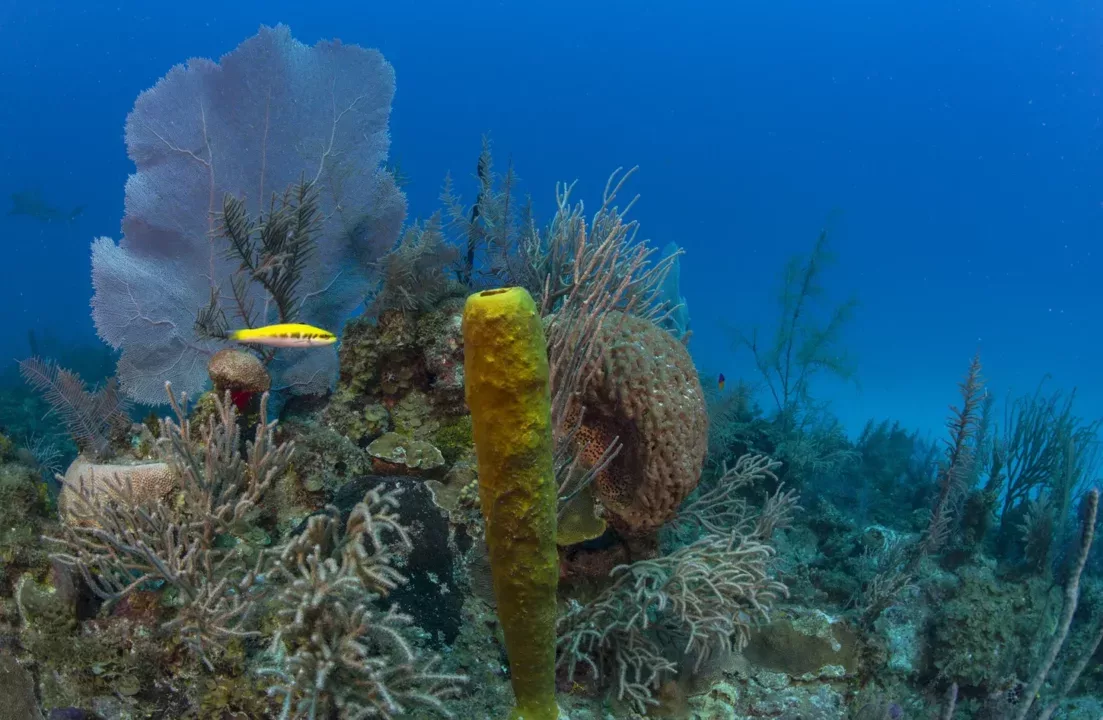Exactly two months before the 25th Conference of the Parties to the UN Framework Convention on Climate Change (UNFCCC COP25) begins, the Because the Ocean initiative has released today its new report: Ocean For Climate: Ocean-Related Measures in Climate Strategies (Nationally Determined Contributions, National Adaptation Plans, Adaptation Communications, and National Policy Frameworks).
UNFCCC COP25 will take place in Santiago, Chile 2nd-13th December, 2019.
In the preamble to the new report, COP25 President Carolina Schmidt, Environment Minister of Chile says:
“Until now, conversations have largely been focused on how to integrate the ocean within the work of the Parties to the Framework Convention and the Paris Agreement. But so far there hasn’t been enough discussion on what ocean-related outcomes could be identified within the UNFCCC. As COP25 President, I welcome the report prepared by the Secretariat of the Because the Ocean initiative […] This report points us in the direction of concrete actions that Parties could envisage. It is a timely document, especially as governments finalize their updated Nationally Determined Contributions, and consider including an Ocean component as part of this exercise.”
In a video address made at a Because the Ocean workshop held in April 2019 in Madrid, Spain, Carolina Schmidt had announced that she would make COP25 “a Blue COP”, meaning that strong emphasis would be given to the role of the ocean in climate change mitigation, and to the impacts of climate change on the ocean.
At the UN Climate Action Summit last week in New York, Carolina Schmidt further announced the launch during COP25 of the Platform of Ocean Solutions, “a tool to stimulate our collective thinking as Parties, taking into consideration inputs from all stakeholders and using the best available science”.
“The online Platform will remain open throughout the intersessional period leading to COP26, in order to encourage ocean action within Nationally Determined Contributions, and also within National Adaptation Plans, Adaptation Communications and other relevant national policy frameworks”, she says in the preamble to the Because the Ocean report.
The release of the Ocean for Climate report also takes place a week after the Special Report on the Ocean and the Cryosphere in a Changing Climate (SROCC) was published by the Intergovernmental Panel on Climate Change (IPCC), on 25 September 2019 in Monaco.
In a Foreword to the Ocean for climate report, HSH Prince Albert II of Monaco who has supported since COP21 the Because the Ocean initiative through the Prince Albert II of Monaco Foundation (FPA2) says:
“The ocean has a major influence on climate change. It plays an essential role in climate regulation by absorbing more than 25% of CO2 emissions and more than 90% of the excess heat due to global warming. Therefore, there can be no action to fight climate change and limit its impacts without looking at the ocean as a whole: its functioning in the climate system; the health of its ecosystems; its relationship to coastal communities; and all the economic activities that take place in and around it”.
Commenting on the new Because the Ocean initiative report, he says:
“I am pleased that my Foundation has supported the production of this document, which presents a range of concrete and pragmatic solutions that were developed over the course of four regional workshops attended by representatives from many Because the Ocean signatory countries”.
The Ocean for Climate report released today examines the implications of the IPCC SCROCC for ocean-based activities: those that can safely and sustainably contribute to mitigation efforts; and those that can be undertaken to increase ocean resilience. The ideas presented stem from a series of workshops organized by the Because the Ocean initiative starting in 2016, aimed at identifying the do’s and don’ts of ocean-based climate action.
The following five key actions are discussed in the report: (1) encouraging natural carbon sequestration by coastal ecosystems; (2) developing a range of sustainable ocean-based renewable energy solutions; (3) promoting adaptation and resilience solutions for vulnerable populations, ecosystems and ecosystem services threatened by climate change; (4) implementing hybrid solutions supporting both adaptation and mitigation in the fisheries and aquaculture sector; and (5) solutions in the shipping sector.
Limiting global warming to 1.5°C is imperative; already at 1°C of warming the world is experiencing major impacts from a changing climate, including notably from changes in the ocean environment. Integrating the ocean into national climate strategies is both a necessity and an opportunity. As governments prepare to update and enhance their Nationally Determined Contributions (NDCs) in 2020 – in accordance with the 2015 Paris Agreement adopted by Parties to the UNFCCC – the new Because the Ocean report aims to inspire greater attention to the role of the ocean.
Source: Because the Ocean

